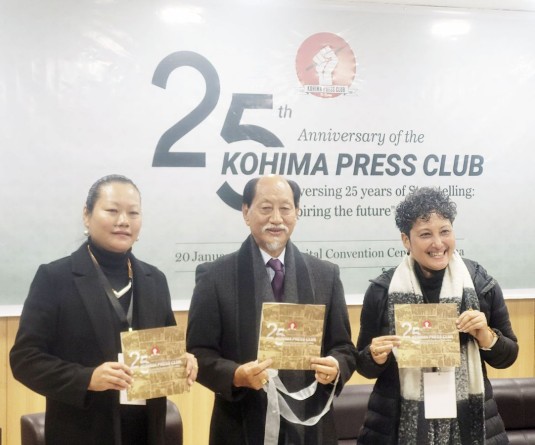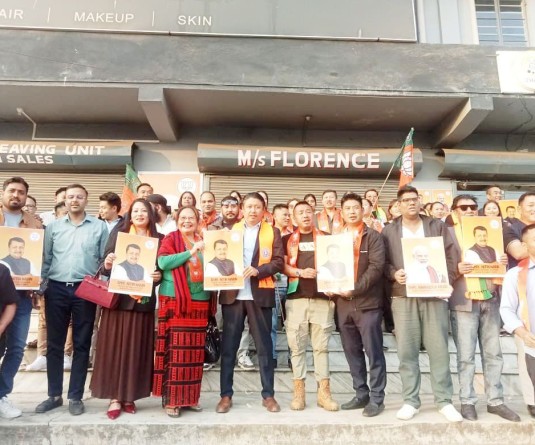
DIMAPUR, MAY 2 (MExN): In 2024, World Press Freedom Day is dedicated to the importance of journalism and freedom of expression in the context of the current global environmental crisis.
Awareness of all aspects of the global environmental crisis and its consequences is essential to build democratic societies.
Journalistic work is indispensable for this purpose. Journalists encounter significant challenges in seeking and disseminating information on contemporary issues, such as supply-chains problems, climate migration, extractive industries, illegal mining, pollution, poaching, animal trafficking, deforestation, or climate change. Ensuring the visibility of these issues is crucial for promoting peace and democratic values worldwide, the United Nations said in a press statement.
In the context of the world’s triple planetary crisis —climate change, biodiversity loss, and air pollution— dis-/misinformation campaigns challenge knowledge and scientific research methods. Attacks on the validity of science pose a serious threat to pluralistic and informed public debate. Indeed, misleading and false information about climate change can, in some cases, undermine international efforts to address them, the UN pointed out.
Dis-/misinformation about environmental issues can lead to a lack of public and political support for climate action, effective policies, and the protection of vulnerable communities affected by climate change, as well as of women and girls, as climate change tends to exacerbate existing inequalities.
To achieve sustainable development, it is necessary for journalists to report accurately, timely, and comprehensively on environmental issues and their consequences, as well as on possible solutions.
This requires a comprehensive strategy that includes: Preventing and protecting against crimes committed against journalists; Ensuring the rights to freedom of expression, freedom of scientific research, and access to key sources of information, in addition to combating dis-/misinformation through journalism; Promoting the plurality, diversity, and viability of media, especially regional, local, indigenous, and/or community-based media.
It also called for ensuring that the governance of digital platforms foster the transparency of technology companies, their accountability, due diligence, user empowerment, and content moderation and curation based on international human rights’ standards, as indicated in UNESCO’s Guidelines for the Governance of Digital Platforms and promoting media and information literacy programs to empower users with skills to engage and think critically in the digital environment.





